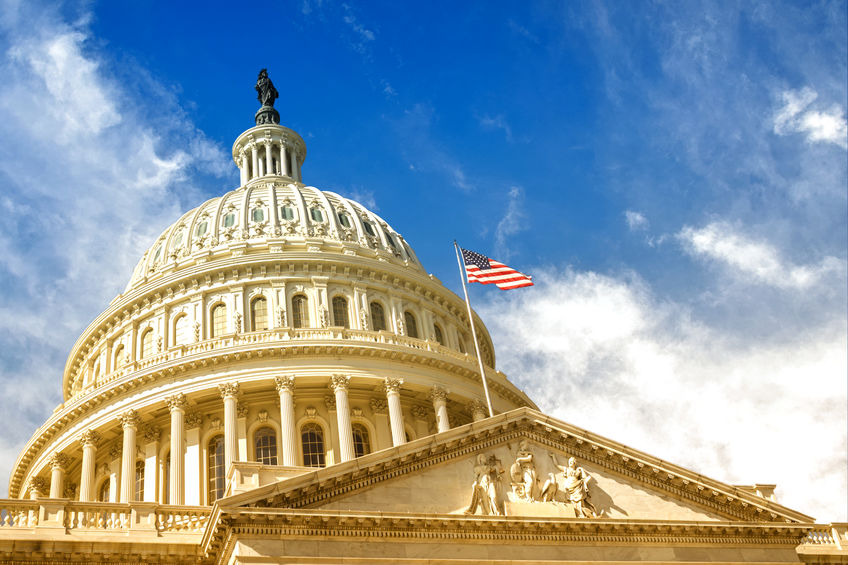Small Business Association 8(a) Certification
The Small Business Association (SBA) received significant media coverage during the COVID-19 pandemic. As you may be aware, the SBA was responsible for providing millions of dollars’ worth of loans to small businesses suffering as a result of the pandemic. However, what you may not know is the SBA has long championed small businesses and offers various small business certifications.
What is the 8(a) SBA Certification?
Each year the federal government aims to award at least five percent of all federal contracting dollars to small disadvantaged businesses. To find qualified small businesses, the federal government enacted the 8(a) program, an ownership/diversity certification sponsored by the Small Business Association. The 8(a) program provides an opportunity to compete for a set number of small business government contracts. Additionally, qualifying business can take advantage of mentorship programs and a nine-year business development program that provides small businesses with access to high-level business training.
Who can Qualify for the 8(a) Certification?
The 8(a) certification is intended for small businesses (determined on an industry by industry basis by the SBA) who have been in business for at least two years and are owned and controlled at least 51% by socially and economically disadvantaged individuals.
Who is Considered Socially and Economically Disadvantaged?
Socially disadvantaged individuals included “those who have be subjected to racial or ethnical prejudice or cultural bias within American society because of their identities as members of groups and without regard to their individual qualities.”[1] Examples of historically socially disadvantaged individuals include African-Americans, Hispanic Americans, Asian Pacific Americans, Native Americans and Subcontinent Asian Americans. In addition to being socially disadvantaged, the business must show that its ability to compete in the marketplace has been impaired due to “diminished capital and credit opportunities as compared to others in the same or similar lines of business who are not socially disadvantaged.”[2]
Additional SBA Certification Programs
An individual who does not belong to the above group can still be admitted to the SBA 8(a) certification program if they are able to show their business is disadvantaged due to race, ethnic origin, gender or a physical handicap. Additionally, the SBA offers other programs similar to the 8(a) program such as the Women-Owned Small Business (WOSB) program, Economically Disadvantaged Woman-Owned Small Business (EDWOSB) and Historically Underutilized Business Zones Program (HUBZone).
[1] 13 CFR §124.103 (2019)
[1] 13 CFR §124.104 (2019)
How to Qualify for a SBA Certification
In addition to meeting the economically and socially disadvantaged standard or being a female owned business, to apply for the 8(a) or Woman-Owned Small Business, the business owner must own at least 51% or more of the business, have direct ownership, have unconditional and unrestricted ownership and be a United States citizen. Additionally, the business and qualifying individual must meet other ethical, financial and managerial requirements.
How to Apply for a SBA Certification
A business that meets the requirements may apply for the SBA certification directly on the SBA website. The process is very tedious and requires multiple registrations and a variety of company documents. Additionally, the business must ensure it is applying for the proper certification or risk being rejected.
If your business would like to learn more about the SBA certification programs, contact one of our corporate associates at EPGD Business Law.








